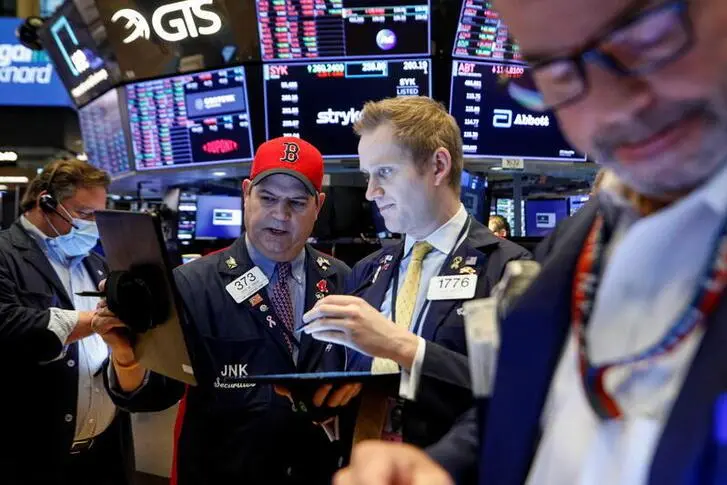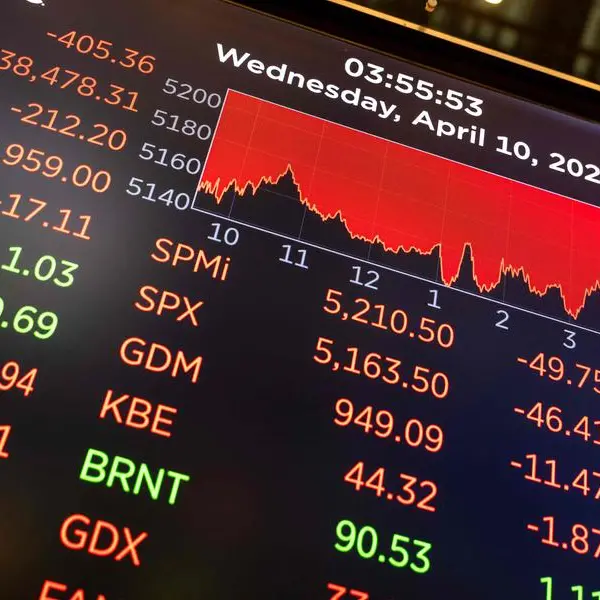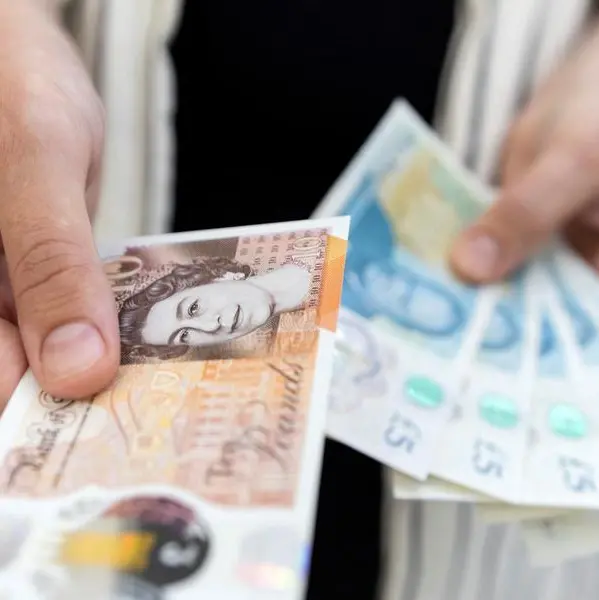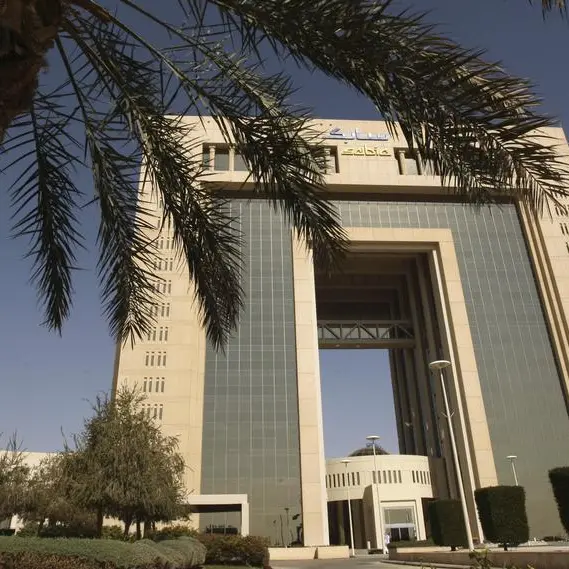PHOTO
LONDON - U.S. stock markets rose on Friday after data showed U.S. employment increasing far less than expected in September amid a decline in government payrolls.
The move was measured, however, as investors weigh a more uncertain outlook for the strength of the U.S. economic rebound against what the jobs growth slowdown means for the Federal Reserve's expected announcement in November of a tapering of its asset purchases.
"The weak print in the headline nonfarm payrolls number will question the Fed’s intention to taper its accommodative monetary policy, and those doubts are translating into a weaker dollar," said Sam Cooper at Silicon Valley Bank.
By 1250 GMT, Wall Street looked set for a stronger opening, with the S&P 500 futures up 0.26%.
European stocks were broadly unchanged and remained lower on the day. The Euro STOXX 50 was 0.22% weaker, while the German DAX dropped by 0.2%. Britain's FTSE 100 was barely changed.
Ten-year U.S. Treasury yields rose to as high as 1.6%, their highest since June when they touched the same level, ahead of the payrolls release. By 1250 GMT they were up 1 basis point at 1.58%.
Stocks looked set to hold most of the previous session's gains as investors welcomed the U.S. Senate's temporary lifting of the debt ceiling.
The rally on Thursday had lifted global stock indexes into positive territory for the week, despite widespread selling initially as investors fretted about soaring energy prices and the prospects of faster than expected interest rate rises to combat inflation.
Still, the mood remains nervous -- oil prices rallied back towards multi-year highs and government bond yields climbed in early Friday trading.
The MSCI world equity index, which tracks shares in 50 countries, was up 0.1% and is now up 0.9% for the week. But the index is more than 4% off its record high reached in early September.
"There is so much liquidity out there and there is no alternative to stocks - so each time there is a pullback, 'buy-the-dip' kicks in. The can-kicking by Congress on the debt ceiling just added a bit of upspin to that," said Fahad Kamal, CIO at Kleinwort Hambros.
Supporting risk sentiment was the U.S. Senate's approval of legislation to raise the federal government's debt limit and avoid the risk of a historic default, though it only put off a decision on a longer-term remedy until early December.
In Asia, the main share benchmark was supported by advances in Chinese blue chips, which rose 1.31% as trading resumed after the week-long National Day holiday. The improved sentiment partly stemmed from a private-sector survey that showed China's services sector activity returned to growth in September.
Over the past three months, Chinese shares have been battered by regulatory clampdowns, turmoil in the property sector related to China Evergrande and its vast debt, and more recently power shortages, but some investors are now starting to see a buying opportunity.
However, bonds and shares issued by Chinese property firms slumped on Friday with no sign in sight of a resolution to cash-strapped Evergrande's debt problems, which are affecting sentiment in the broader sector.
The U.S. dollar index fell marginally after the payrolls data to 94.043 but was not far from a 12-month high of 94.504 hit in late September.
Oil prices gained on signs that some industries have begun switching from high-priced gas to oil, and on doubts about whether the U.S. government would release oil from its strategic reserves for now.
Brent crude rose 0.71% to $82.53 a barrel, off its highs for the day but still closer towards a three-year high of $83.47 touched earlier in the week. U.S. crude gained 0.72% to $78.88 a barrel, approaching its seven-year high of $79.78 also hit this week.
(Additional reporting by Sujata Rao; Editing by Chizu Nomiyama and Kevin Liffey) ((thomas.wilkes@thomsonreuters.com))












